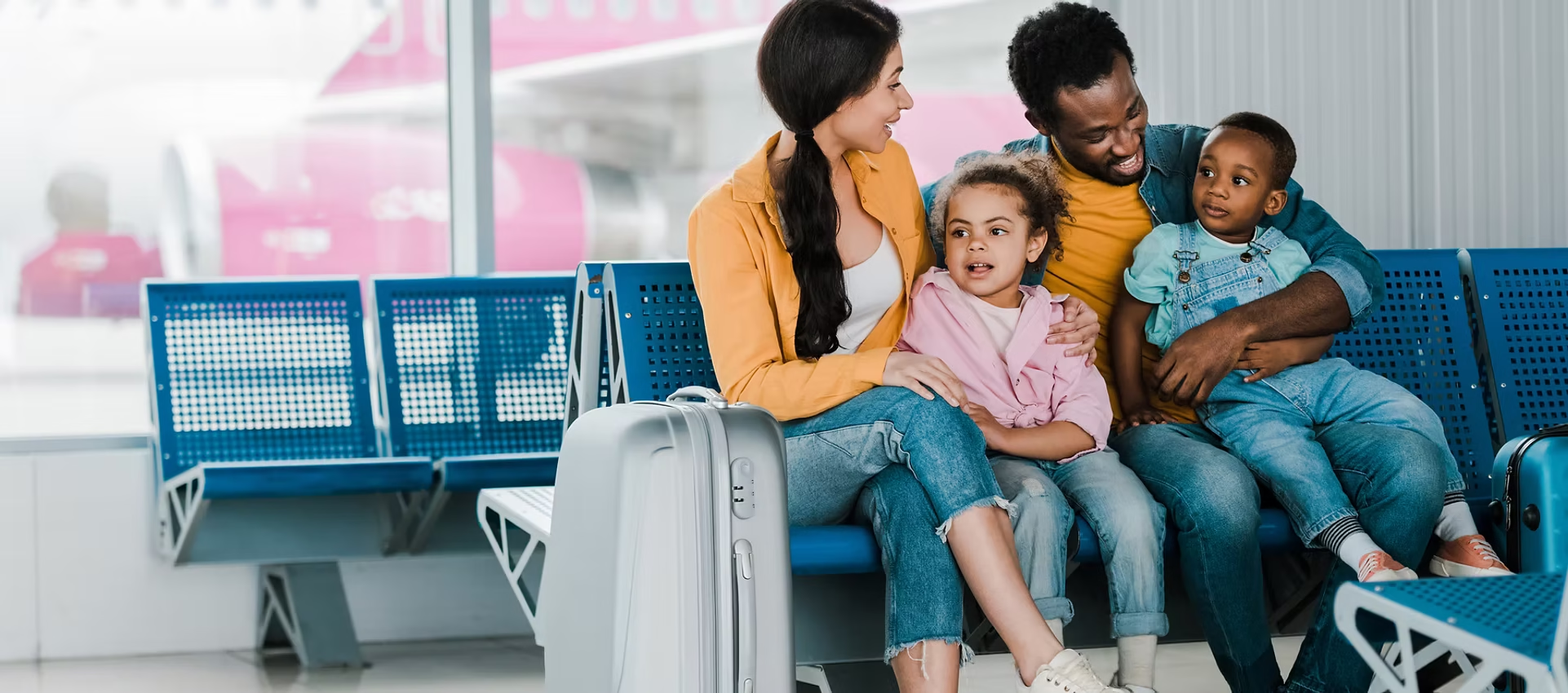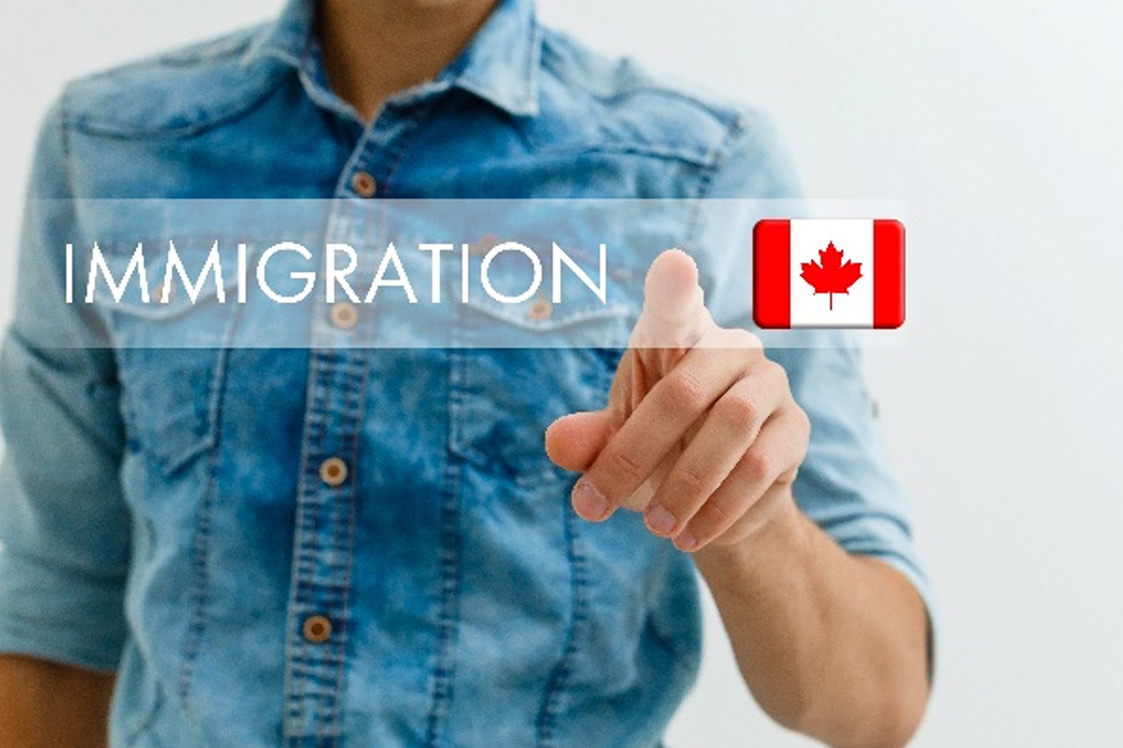PR for Protected Persons
Permanent Residence for Protected Persons
If you’ve been recognized by Canada as a Protected Person or Convention Refugee, you may be eligible to apply for permanent residence and take the next step toward long-term stability in Canada.
Who Is a Protected Person?
A protected person is someone who:
- Was found by the Immigration and Refugee Board (IRB) to be a convention refugee or person in need of protection, or
- Received a positive decision on a Pre-Removal Risk Assessment (PRRA).
Once recognized, you may apply for permanent residence from within Canada.


When Can You Apply?
You can apply for permanent residence as soon as you receive protected person status. It’s important to apply as soon as possible, especially if you have family members you wish to include in your application.
Travel as a Protected Person
Until your PR application is approved, you cannot obtain a regular PR card. However, you may apply for a Temporary Travel Document if you must travel outside of Canada. We can help you apply for this document and advise on safe travel practices while maintaining your legal status.
Family Members and Reunification
Protected persons can include spouses and dependent children in their PR application if they are in Canada. If your family members are abroad, we can help explore options for family reunification, including applications for dependents under Canada’s family sponsorship or protected persons abroad programs.
Need Help? Start Here.
Frequently Asked Questions
Who is considered a protected person in Canada?
A protected person is someone who has been recognized by Canada as needing protection due to risks like persecution, torture, or risk to life if they return to their home country.
How long does it take to process a PR application for protected persons?
Processing times vary, but it generally takes 12 to 24 months for PR applications for protected persons.
Can family members of protected persons apply for permanent residency?
Yes, protected persons may include immediate family members (spouse and children) in their PR application if they are in Canada or can apply for family reunification.
Can protected persons work or study in Canada?
Yes, protected persons are eligible to apply for work and study permits in Canada while awaiting permanent residency.
What happens if a protected person’s PR application is refused?
If a PR application is refused, protected persons may appeal the decision or apply for a judicial review, depending on the reasons for refusal.
Can a protected person’s permanent residency be revoked?
Yes, a protected person’s permanent residency can be revoked if they are found to have committed fraud or misrepresentation in their application or if they return to their home country, which may indicate that they no longer require Canada’s protection.
Ready to Start Your Canadian Immigration Journey?
Connect with Northia Immigration Consultancy today for personalized guidance and trusted support every step of the way.

Submit An Inquiry
Have questions? Submit an inquiry and we’ll get back to you with the guidance you need.

Book a Consultation
We offer a 30-minute free initial service consultation. Get to know us and ask questions!

Latest News
Read Northia's latest news for recent government changes and tips for your application!

